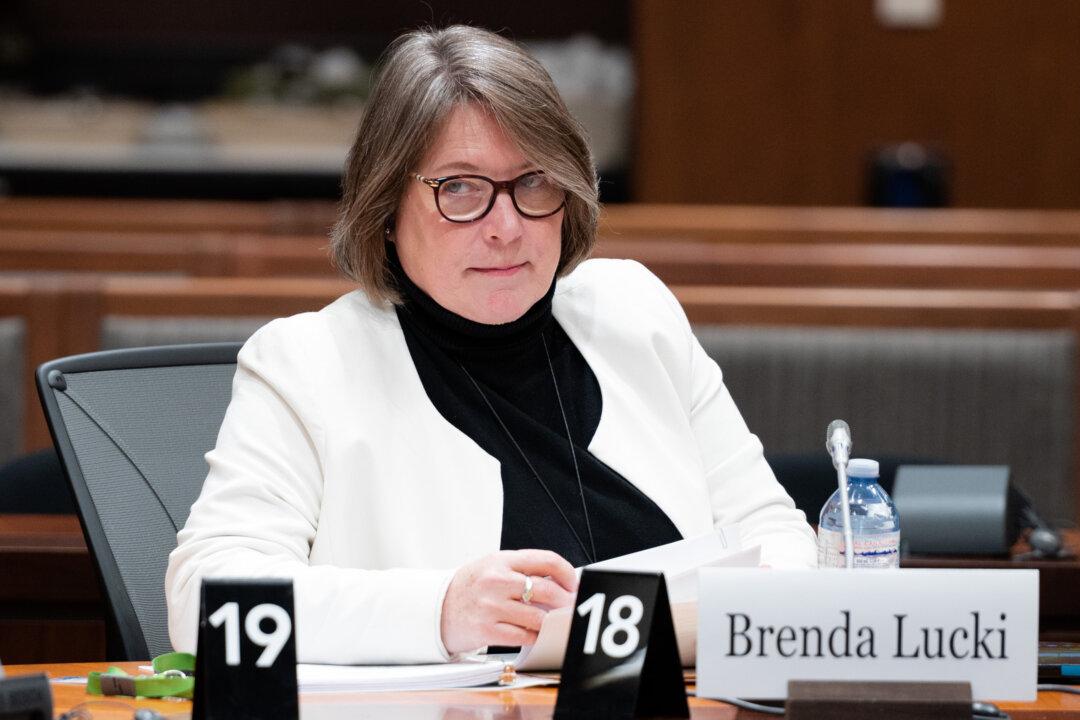The RCMP has sent officers in uniform and marked police cars to have a “visible presence” at locations where alleged secret Chinese police stations are operating in Toronto and Vancouver, says RCMP Commissioner Brenda Lucki.
Lucki told MPs on the House committee on Canada-China relations that the RCMP had sent the police presence to “cause disruption to the allegations” that the locations have been serving as unofficial Chinese police service stations.





